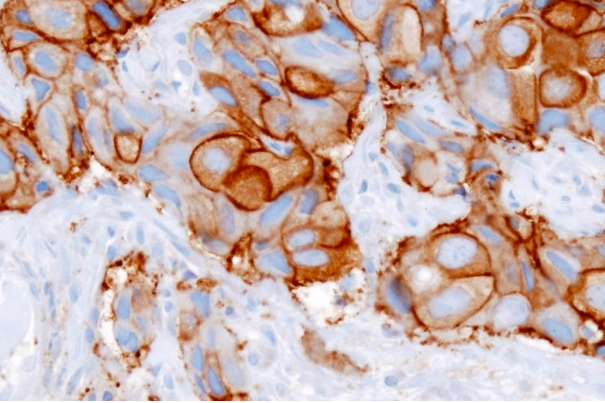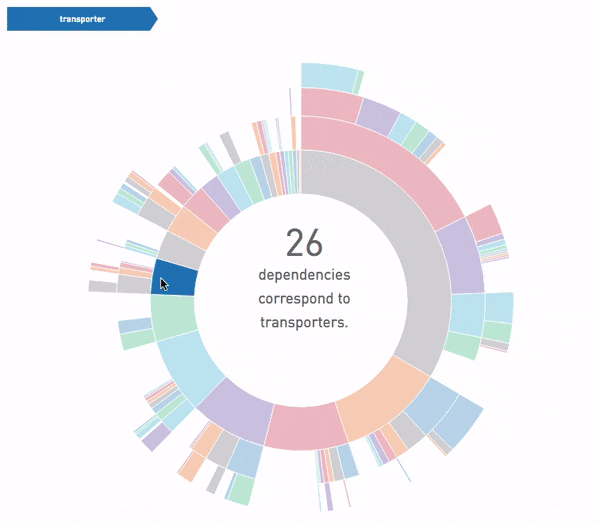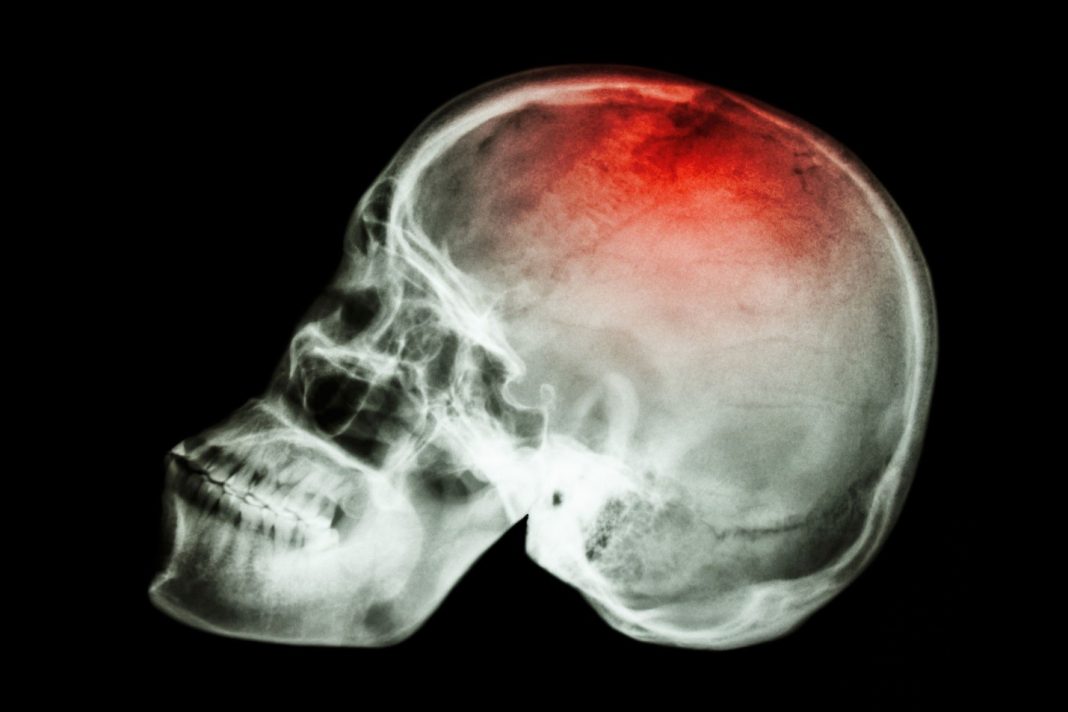In a collaborative effort across a number of institutions, including Harvard, the Dana-Farber Cancer Institute, and the Broad Institute of MIT, researchers have narrowed down 760 genes directly responsible for the survival of cancer cells.
Although most of the vulnerable genes vary from one cancer type to another, around 10 percent are consistent between types, making them possible targets for cancer-fighting therapies.
The study, published in the journal Cell, utilized small interfering RNA, or siRNA, to turn off single lines of DNA and see which cells were affected. Overall, 17,000 genes were tested in over 20 different kinds of cancer.
Even though so many genes were studied, 90 percent of the cancers tested only vitally relied on 76 sets of genes, indicating that many other cancers may also have a small core of key genes that can be exploited as treatment targets.

Additionally, a scientist used biomarkers to divide cells into groups that describe their role in biology with over 400 of the 769 mapped genes.The groups account for roles such as gene mutation, reduced or increased gene expression, and gene function.
Through the study, it was discovered that 20 percent of the vital genes were already targeted for existing drug therapies, providing more proof of their efficacy.
While the full cancer genome hasn’t been identified for all types, the work is well under way, meaning doctors and scientists have more information with which to battle cancer and help patients with better treatments.
More News to Read
- Why Does Adobe Flash Need to Die?
- Breaking Ground in Neutrino Physics Research with the Biggest Neutrino Detector yet
- UM’s New Nanoparticle Research Could Lead to Cloaking Technology
- Does Physical Activity Affect the Brain’s Aging Process?
- Gaining a Deeper Understanding of the Relationship Between DNA and Cell Function











